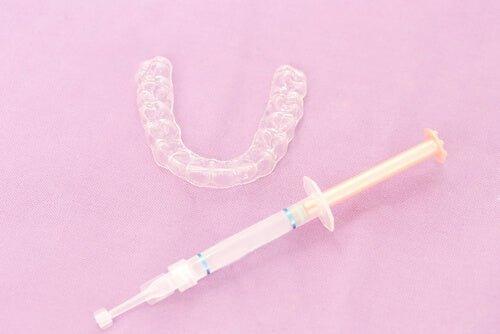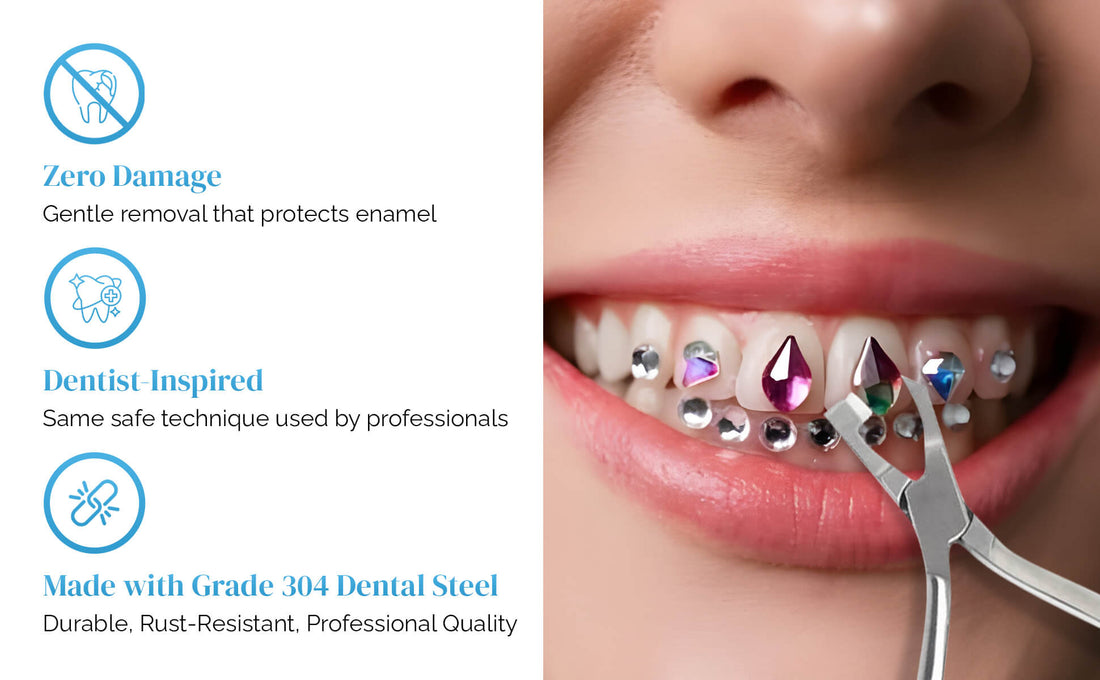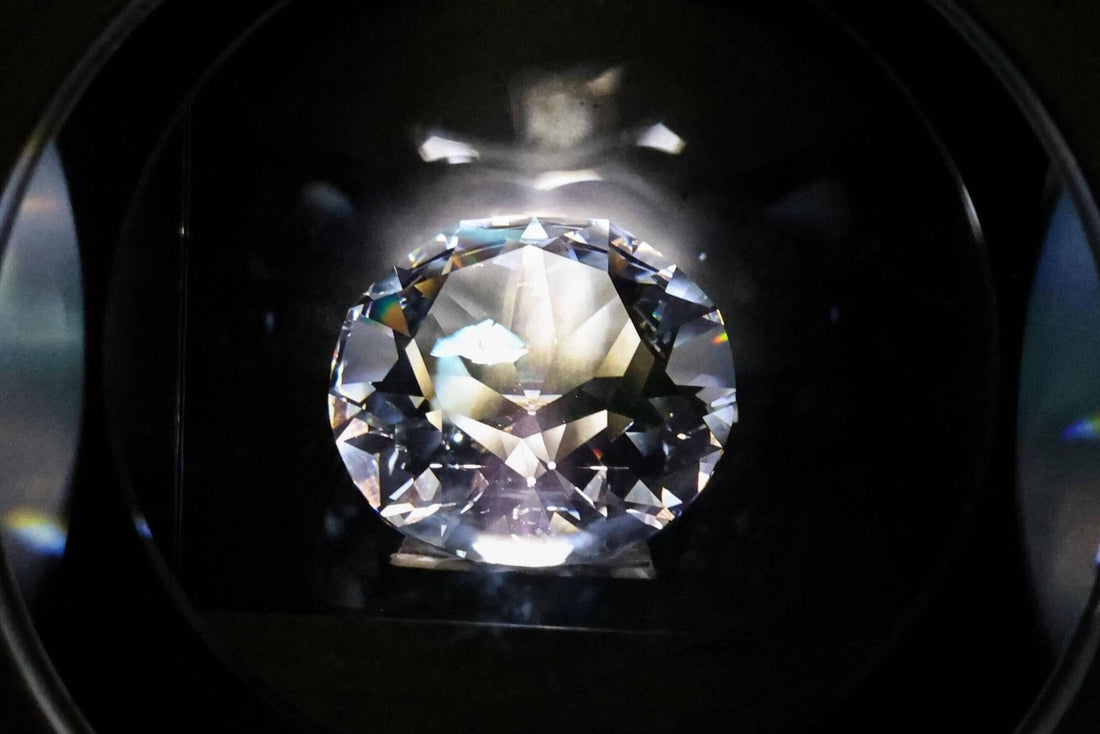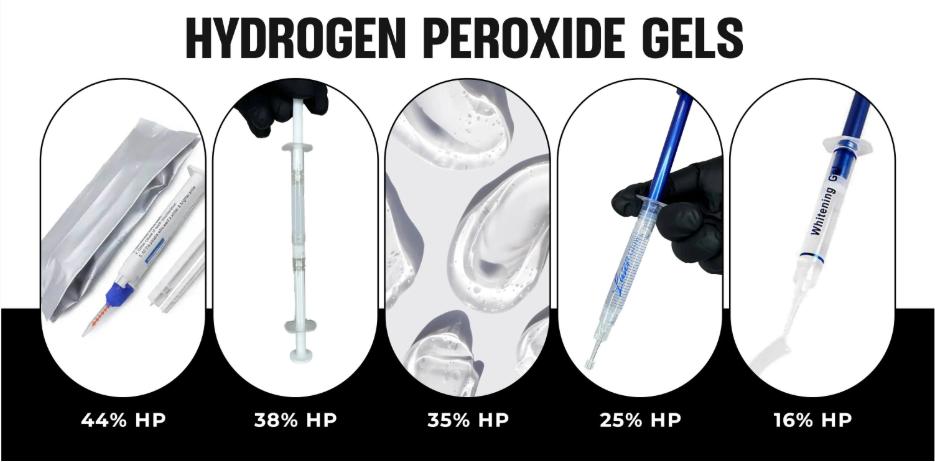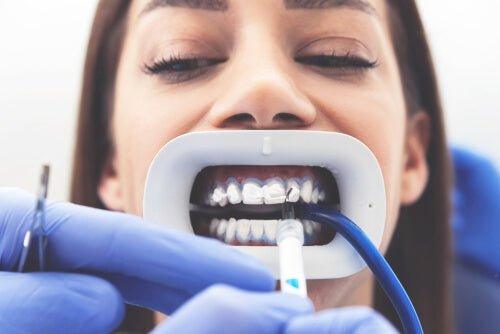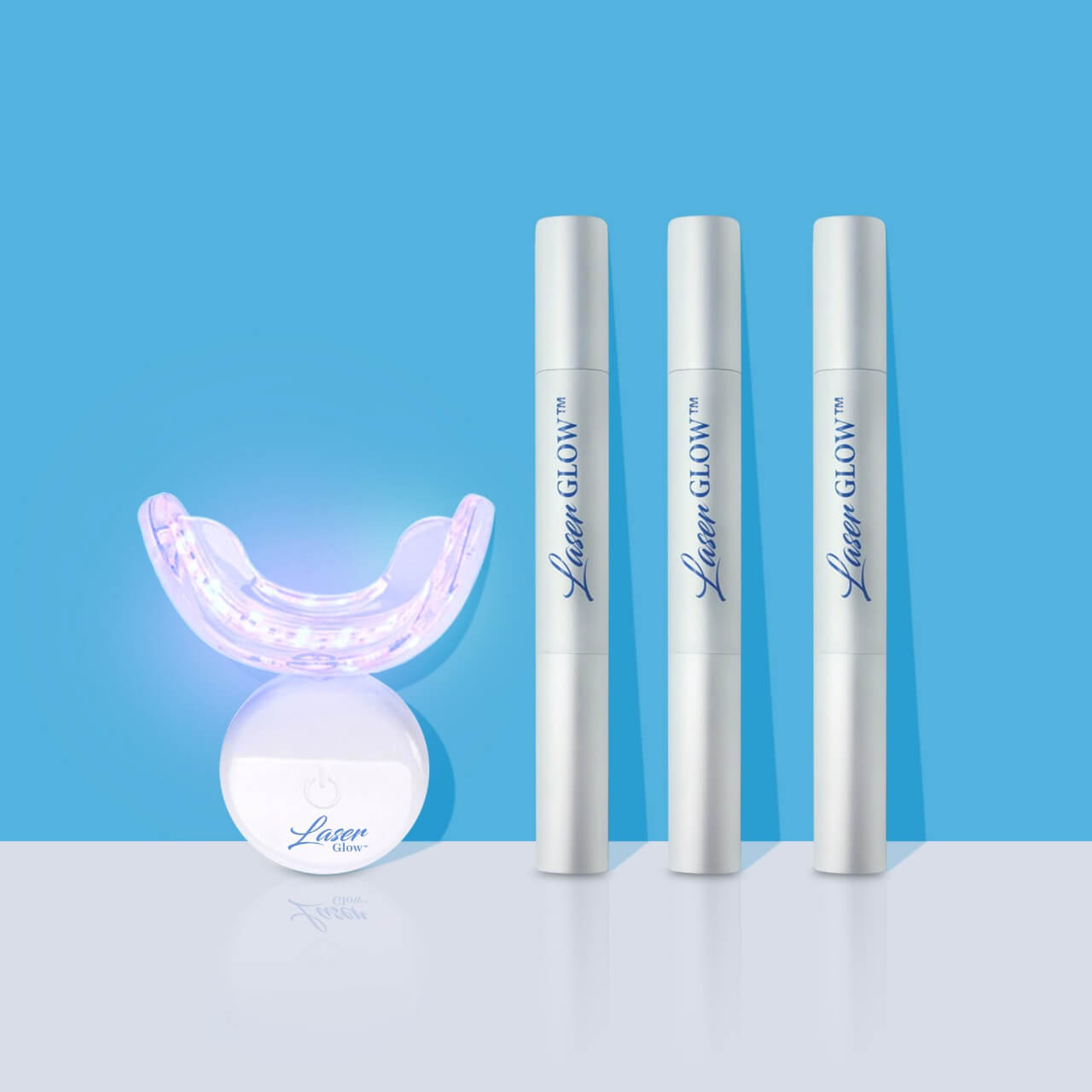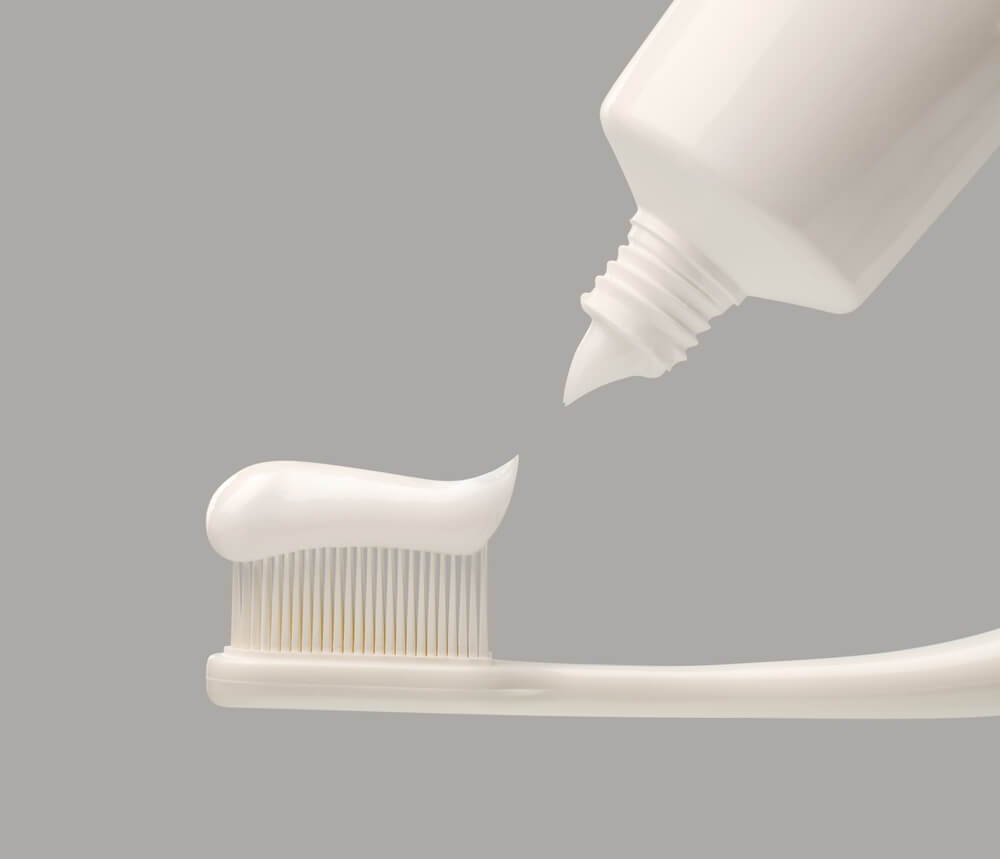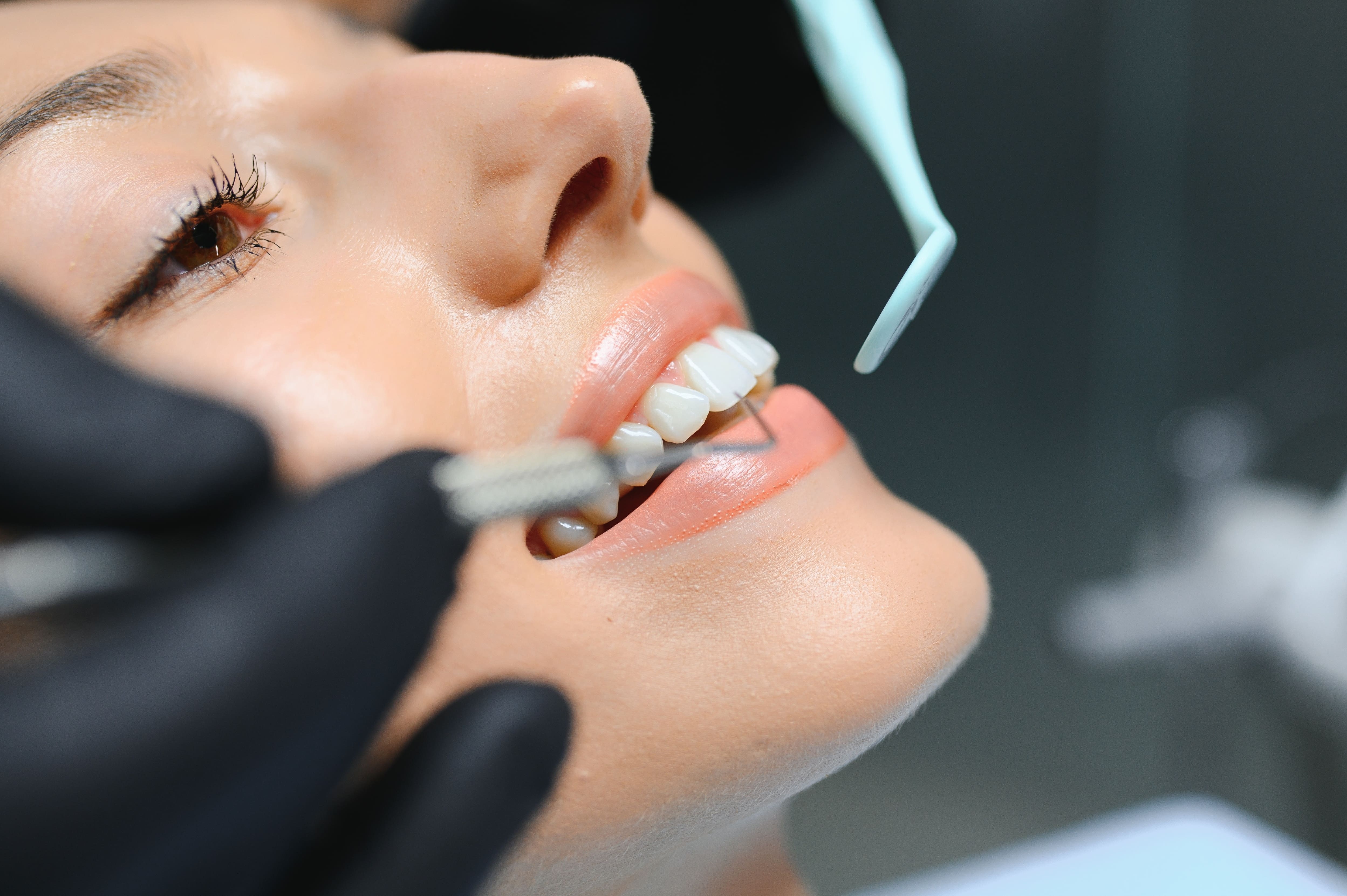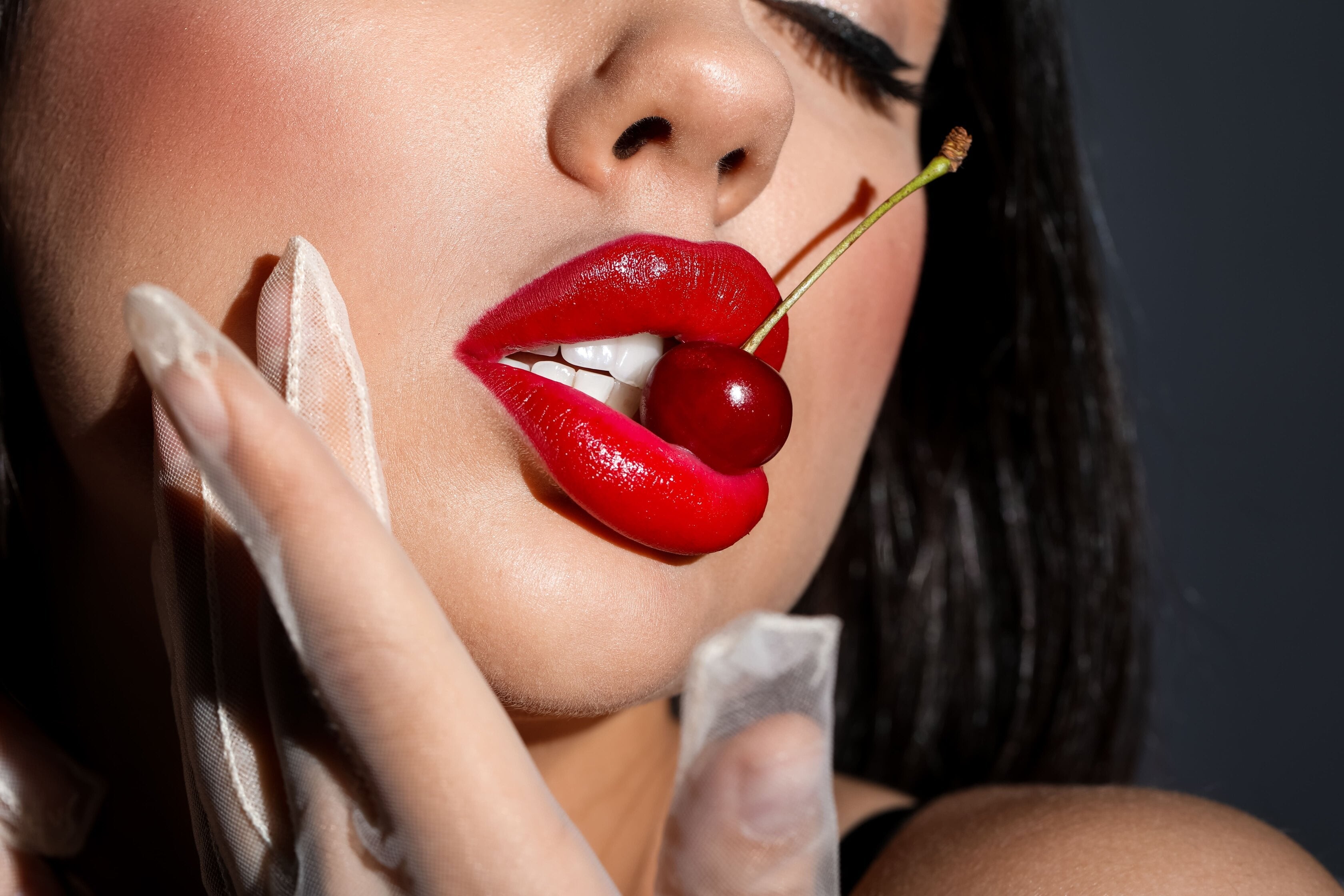Understanding professional teeth whitening gel
Professional teeth whitening gels are formulated with high concentrations of bleaching agents, such as hydrogen peroxide or carbamide peroxide, designed to effectively and quickly whiten teeth. The concentrations of these bleaching agents in professional gels are much higher than those found in over-the-counter products, which often results in faster and more noticeable results. Professional teeth whitening gels are usually applied by a dentist during an in-office procedure or provided for at-home use under the guidance of a dental professional. It is recommended to consult with a dentist to assess the suitability of professional teeth whitening gel for your specific needs.
The effectiveness of professional teeth whitening gel
Professional teeth whitening gel is considered more effective than do-it-yourself (DIY) solutions. According to the American Dental Association, professional whitening gel contains a higher concentration of bleaching agents, such as hydrogen peroxide or carbamide peroxide, compared to over-the-counter products. This higher concentration allows for quicker and more substantial results. Additionally, the procedure is performed under the supervision of a dental professional, ensuring safety and effectiveness. However, it's essential to consult with your dentist to determine the best approach for your specific needs before undergoing any teeth whitening treatment.
Risks and side effects of professional teeth whitening gel
Using professional teeth whitening gel can sometimes cause temporary tooth sensitivity and gum irritation in some cases. These side effects usually subside after a few days. Additionally, if the gel comes into contact with your gums or soft tissues, it may cause mild discomfort or temporary whitening. However, these risks can be minimized by following the instructions provided by your dentist and ensuring that the gel is applied carefully and precisely. Always consult your dentist if you experience any prolonged or severe side effects after using professional teeth whitening gel.
Cost comparison: professional vs. DIY teeth whitening solutions
Professional teeth whitening performed by a dentist can cost anywhere from $300 to $1000. This cost may vary based on the method used and the dentist's location. On the other hand, DIY teeth whitening kits are typically less expensive, ranging from $20 to $150. However, they may not be as effective as professional treatments and may require multiple applications to achieve the desired results.
DIY teeth whitening solutions: types and effectiveness
DIY teeth whitening solutions are often more affordable than professional treatments, but their effectiveness varies. Here are some common types and their effectiveness:
- Baking Soda and Hydrogen Peroxide: A mixture of baking soda and hydrogen peroxide is a popular DIY whitening solution. Some people report positive results, but it can be abrasive and potentially harmful to tooth enamel with prolonged use.
- Activated Charcoal: Activated charcoal is touted as a natural teeth whitener. However, there is limited scientific evidence to support its effectiveness, and it may also be abrasive.
- Oil Pulling: This involves swishing oil (such as coconut oil) around in your mouth to remove bacteria and whiten teeth. While it may improve overall oral health, its whitening effects are not well-documented.
Before trying any DIY whitening solution, it's important to research and consider their potential risks and benefits. Consulting with a dentist can provide personalized recommendations for the best approach to teeth whitening.
Risks and limitations of DIY teeth whitening solutions
DIY teeth whitening solutions may lead to tooth sensitivity or gum irritation if not used correctly. Overusing these products can also weaken the enamel, leading to dental problems in the long run. Professional teeth whitening, on the other hand, is safer and more effective since it's supervised by a qualified dentist.
Safety considerations for teeth whitening at home
When considering whitening your teeth at home, it's important to remember that over-the-counter whitening products might not be as effective or safe as professional treatments. DIY solutions sometimes use abrasive materials that can damage your teeth's enamel. Additionally, using whitening products without professional guidance can lead to overuse, which might harm your teeth and gums. Always consult with a dental professional to ensure the safety and effectiveness of any at-home whitening method.
How to choose between professional and DIY teeth whitening
When deciding between professional teeth whitening and do-it-yourself (DIY) solutions, it's essential to consider several key factors. Professional teeth whitening treatments are typically more effective and produce faster results compared to DIY options. However, they also tend to be more expensive. On the other hand, DIY teeth whitening solutions are generally more affordable but may take longer to achieve noticeable results.
Some factors to consider when making your decision include:
- Effectiveness: Professional whitening treatments are usually more effective in producing whitening results compared to DIY solutions. They are also administered and supervised by dental professionals, ensuring proper application and results.
- Cost: Professional teeth whitening treatments can be more costly upfront, whereas DIY options may be more budget-friendly. However, the long-term effectiveness and longevity of the results may influence the overall cost-effectiveness of the chosen method.
- Time: Professional teeth whitening treatments typically produce faster results, often in a single session or over a few appointments. DIY solutions may require more time and consistent use to achieve the desired level of whitening.
Consider your priorities, budget, and desired outcomes when deciding between professional teeth whitening and DIY solutions.
Professional teeth whitening procedure: what to expect
During a professional teeth whitening procedure, a protective gel or rubber shield is placed over your gums to protect them. Then, a bleaching agent is applied to your teeth. Sometimes, a special light may be used to enhance the whitening process. The entire procedure typically takes about 45 to 60 minutes. After the treatment, you may experience temporary tooth sensitivity. It's essential to follow any post-treatment guidelines given by your dentist to ensure the best results and maintain your newly whitened smile.
Conclusion: Making an informed decision for teeth whitening
When making a decision about teeth whitening, it's essential to consider several factors to make an informed choice. Professional teeth whitening gels are typically more effective and offer longer-lasting results compared to DIY solutions. The professional treatment is administered by a trained dentist, ensuring safe and controlled application. In contrast, DIY solutions may not be as effective, and they can pose risks if not used correctly. Additionally, professional treatments often involve higher concentrations of whitening agents, leading to more noticeable results. While DIY solutions may seem more cost-effective initially, the long-term outcomes and potential risks should be carefully weighed before making a decision.


